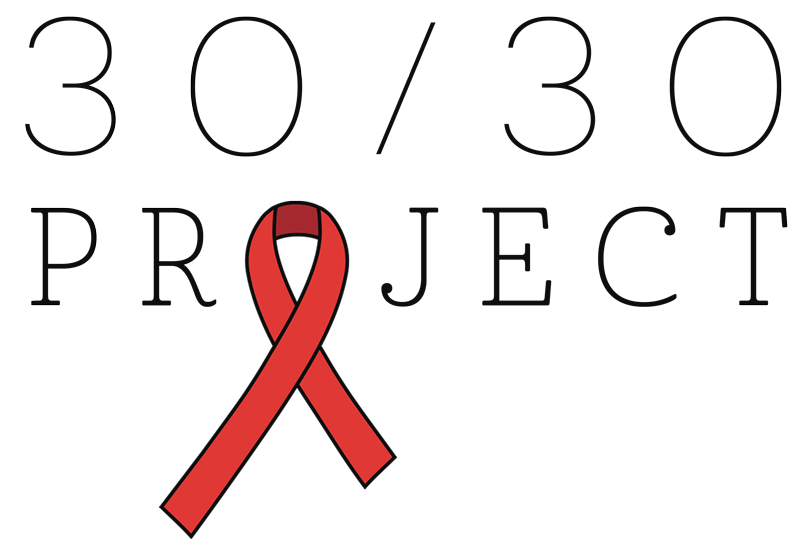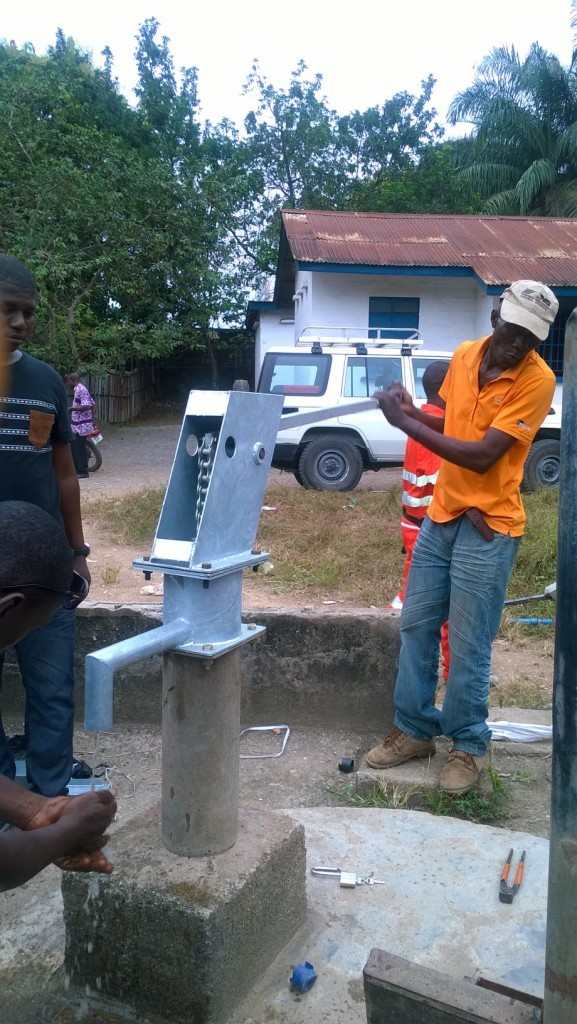A New Kind of Partnership
It’s no secret that CfC has experienced tremendous growth over the lastcouple of years. They have grown their staff and volunteer teams,launched the 30/30 Project and CfC:local, and redefined their partnership model to include a menu of services and resources. We share all of this because each of these accomplishments has allowed for CfC to identify yet another way in which they can contribute to the prioritization of infrastructure by nonprofits, NGOs and community based organizations alike. Their Project Manager and Change Fellows application process is a competitive one and attracts the most promising young talent in the industry, established construction professionals looking to mix things up, and seasoned vets looking at the road to retirement. As a result of this and a mutually beneficial relationship built with Partners In Health (PIH) over the last two years, in addition to CfC-owned projects, they now also place talented CfC Project Managers as part of larger infrastructure teams, with organizations that need special skills on a project by project basis.The first of these unique collaborations is taking place right now in Sierra Leone. After graduating from the University of Washington in 2008 with an impressive degree in civil engineering, CfC Project Manager Jerome (Jerry) Drescher went on to work for the Washington State Department of Engineering in Shoreline before serving as a volunteer for the Peace Corps in Jamaica. After the Peace Corps, he began working as a construction manager for BNSF Railway and Midmountain contractors. He then went back to University of Washington to complete his Masters in Civil Engineering before he joined the CfC team. Jerry’s resume spoke for itself, so when CfC learned that our friends at PIH were looking for a team of professionals to oversee comprehensive renovations of hospital systems in West Africa, we knew he needed to hop on a plane as soon as possible.What we didn’t know was that just weeks after bringing Jerry on board to head to the Kono District of Sierra Leone, we would also meet Adeogun Olusegun (Olu), a Civil Engineer from Nigeria. For twenty years now, Olu, an expert in civil engineering (water option) has been the CEO/Instructor of Aqualeau Water Engineering Services in Nigeria. As a water expert, he worked as a partner, site engineer and contractor with several construction firms and rendered proactive supervision leadership and coordination of all departmental efforts including management, accounting, and services during project construction. He also ensured projects are completed on schedule and worked within the framework of the budget through expert management of workers, ordering materials, pricing issues, subcontracts and subcontractor deals. He has experience in community and estate water management and sanitation, pipe-networking designs, irrigation and poultry pipe works, estimate analysis, recruitment and lecturing on the vocation of plumbing.Olu is also a passionate and talented writer. He is now finishing up a book on plumbing in tropical regions, which will include a forward from CfC's partners at Plumbers Without Borders.Together, Olu and Jerry worked with PIH for over a month on a collection of locations, including Koidu General Hospital (KGH) and the Wellbody Clinic. Olu was with the project for a limited time, but Jerry does remain on board, focusing heavily on projects at KGH.KGHis where this team has spent most of their time. It is a large hospital with about 20 buildings on the premises. Prior to the arrival of PIH, the hospital was in heavy disrepair. Currently the main infrastructural focus is basic maintenance. This means cleaning, painting, repairing broken windows and window screens, fixing broken plumbing and electrical fixtures, and roof repair. In addition to this, larger projects in the queue at KGH include pipeline work to chlorinate the water, water testing for residual chlorine, and hopefully coliform as well. Additionally, the team aims to install drinking water stations that have point-of-use filtration to remove the chlorine taste and also protect against cryptosporidium.Next up will be a major electrical upgrade. The current electrical distribution system at KGH will not be sufficient for many of the medical equipment upgrades PIH is planning. Our team will install new electrical cable from the KGH generator to several distribution panels over the hospital campus then replace the main distribution panel and transfer switch. PIH also recently purchased land for staff housing next to the Wellbody Clinic. A contractor will be doing all of the construction, but Jerry and a Sierra Leonean engineer he works with will be responsible for quality control. They have also been tasked with rehabilitating a well near the housing site that its residents will use for water supply. The Wellbody clinic site itself will also be undergoing an electrical upgrade. It would be an understatement to tell you that Jerry, Olu and the PIH team in Sierra Leone have their work cut out. The ebola crisis revealed so many gaps in infrastructure that need to be filled. There is much work to be done, which is why we were confident that adding CfC Project Managers to the team already on the ground in Sierra Leone was the right decision. We are so proud of these guys and the dozens of CfC volunteers supporting their efforts through committee work. Together, they are a force, and as the demands and opportunities of global development continue to evolve, CfC will remain fiercely committed to advancing their work however it best fits those needs.


